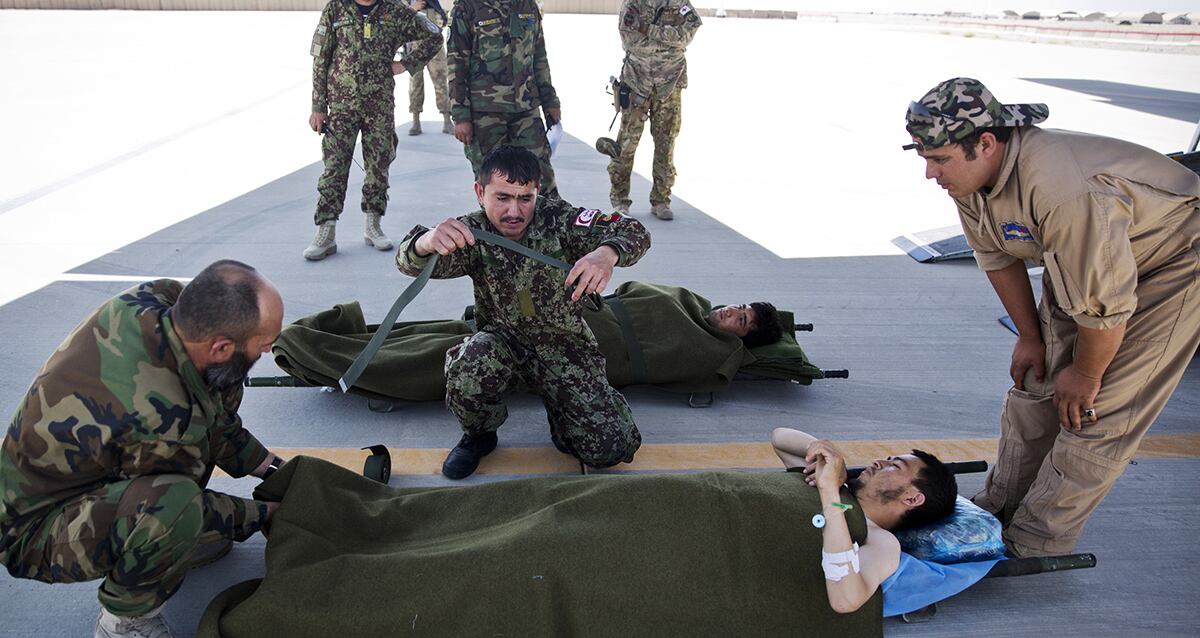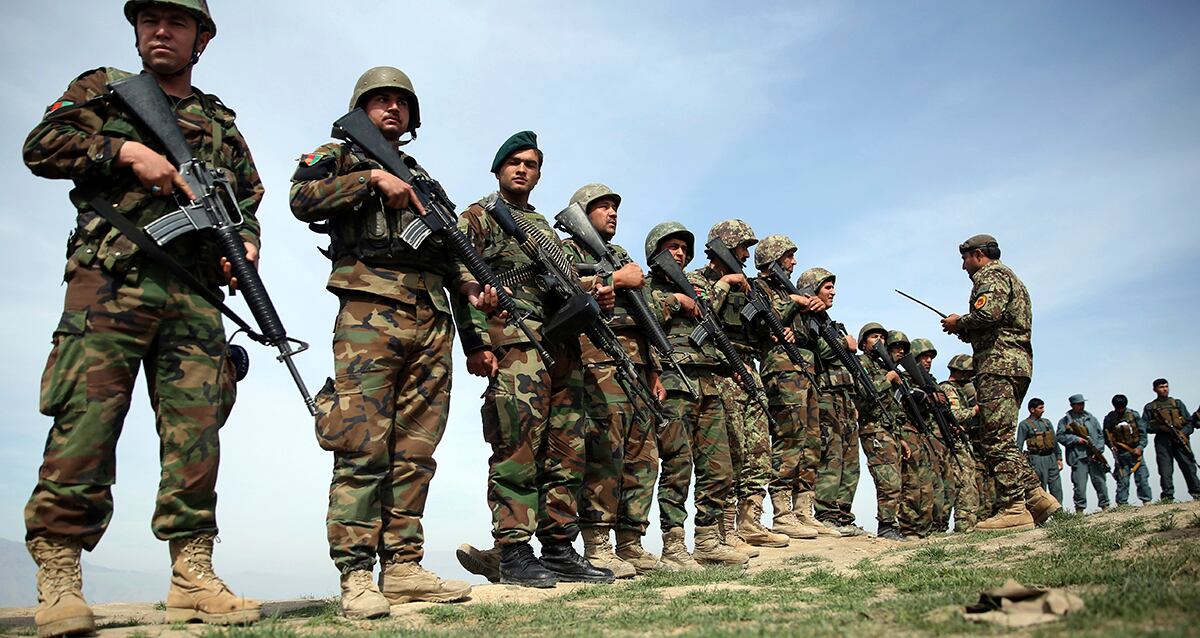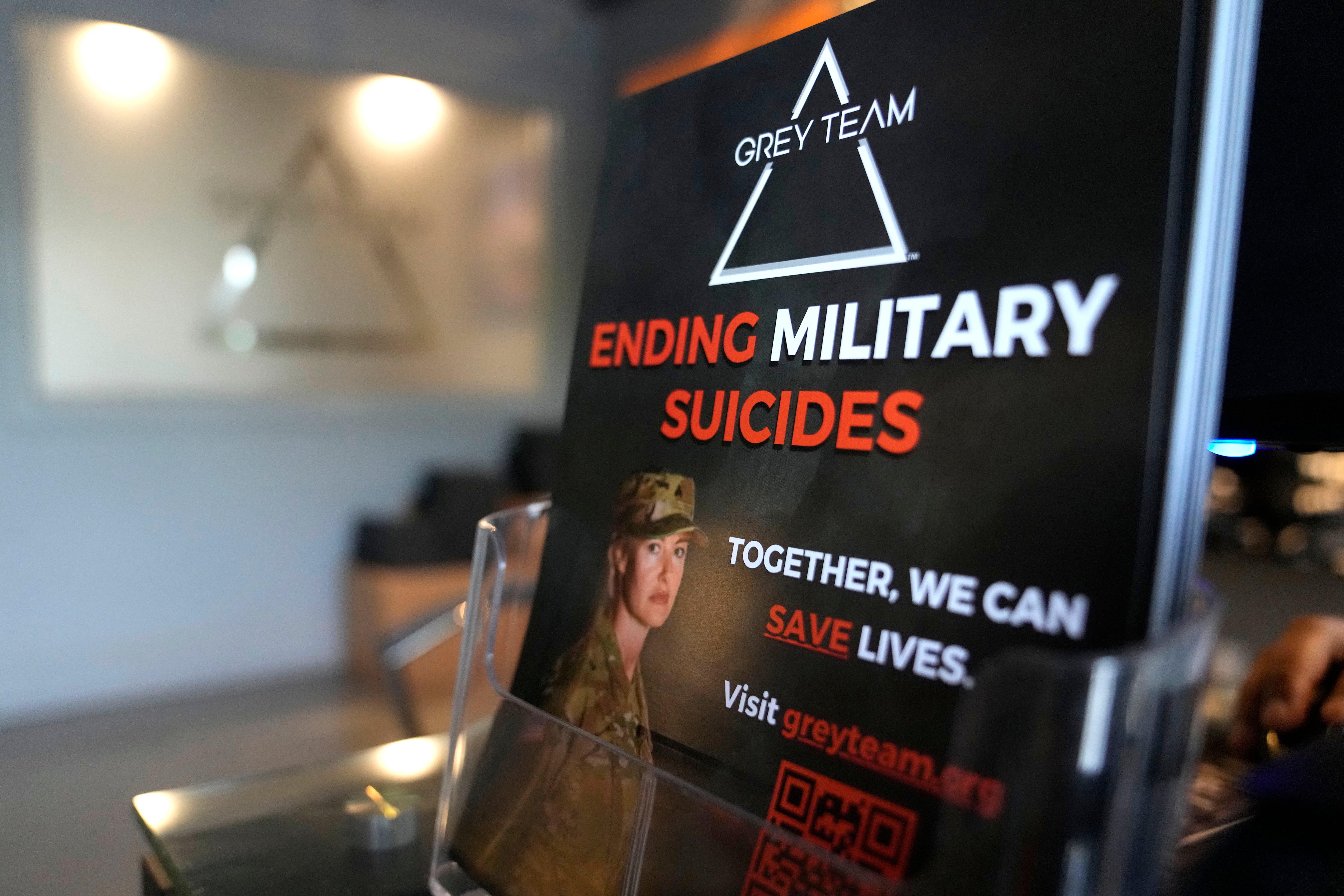KABUL, Afghanistan — Sloppy blood collection and identification by Afghanistan’s army may have led to the deaths of wounded Afghan soldiers who received the wrong blood type, a U.S. watchdog said. Its report also questioned whether blood was being properly tested for disease.
Afghanistan’s Defense Ministry rejected the report.
Spokesman Dawlat Waziri said on Friday that blood is tested at the hospital before being given to wounded soldiers, adding that the ministry had no record of soldiers dying because of wrong blood type.

He also said blood samples from new recruits are tested in hospitals and chastised the watchdog for not sharing its ground research information with the ministry.
The Special Inspector General for Afghanistan Reconstruction said in its report late Thursday that about 15,400 Afghan soldiers did not have their blood type tested before entering the army and the method of identifying the blood type of thousands more was suspect.
The data on recruits from between January and July 2017 would mean the blood type of at least 9 percent of the roughly 195,000-soldier army is unconfirmed.
The report said there were no records of the blood type of nearly 50 percent of all Defense Ministry personnel, including soldiers. Yet all ministry personnel are required to be tested for both blood type and infectious diseases, said the inspector general, a watchdog agency mandated by the U.S. Congress.

Shoddy record-keeping means the military has no way of knowing which soldiers have been tested for infectious diseases and which blood might be tainted.
“This information is critically important because successful blood transfusions for wounded soldiers require that donated blood be the appropriate type and free from infectious diseases,” the report said.
During the course of its investigation, the inspector general said it received information that “soldiers have been killed from receiving the wrong type of blood” during treatment for injuries suffered in combat.
Even the blood types that are registered are suspect because new recruits, who must pay for the tests on their own, have gone to doctors not affiliated with the military and who may have submitted fraudulent documents without conducting the tests, the report said.
The data collection system “was entirely reliant on unaffiliated doctors to perform this critical, required service, and the command had no assurance that the tests were actually conducted or accurate,” said the report.





